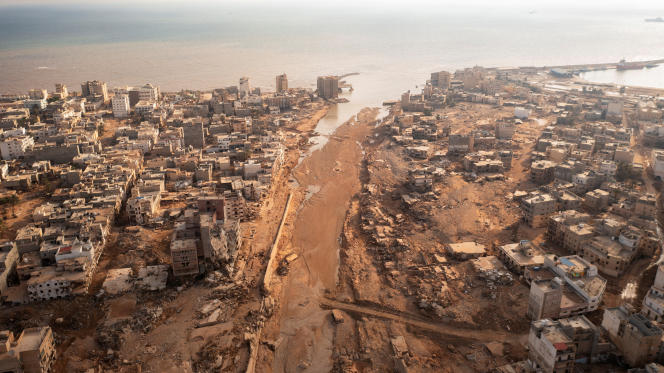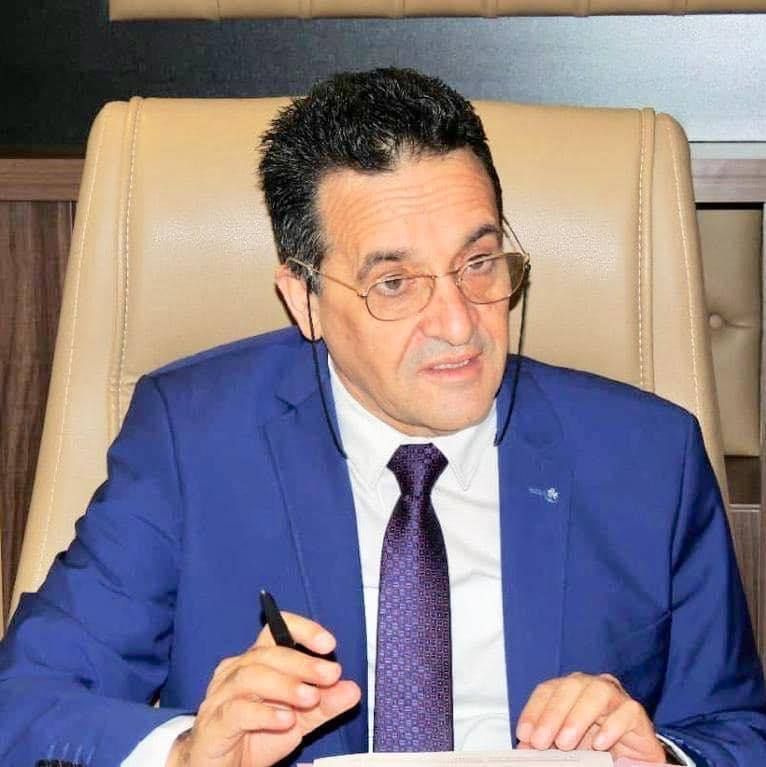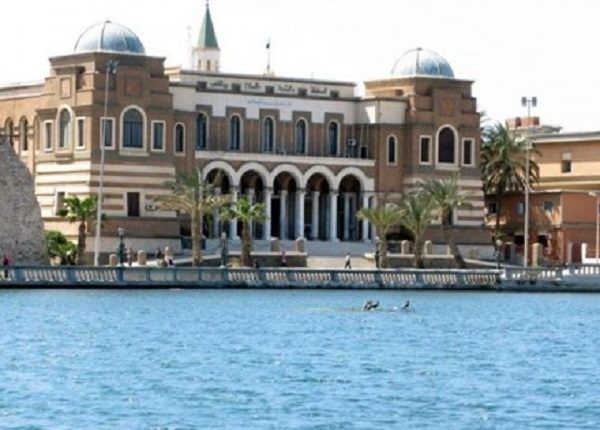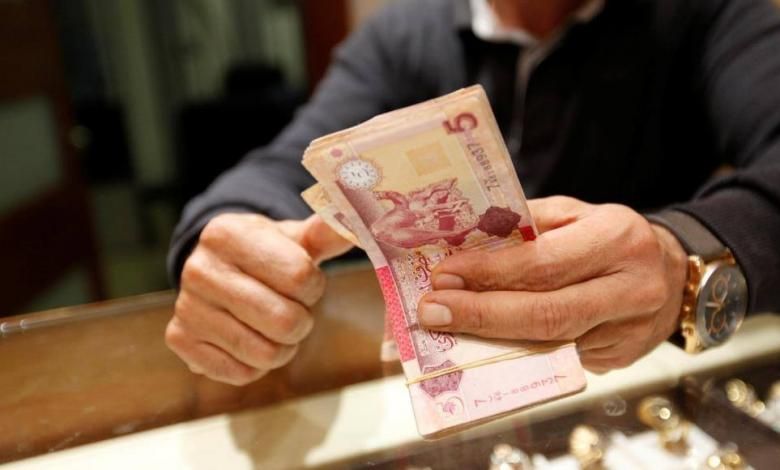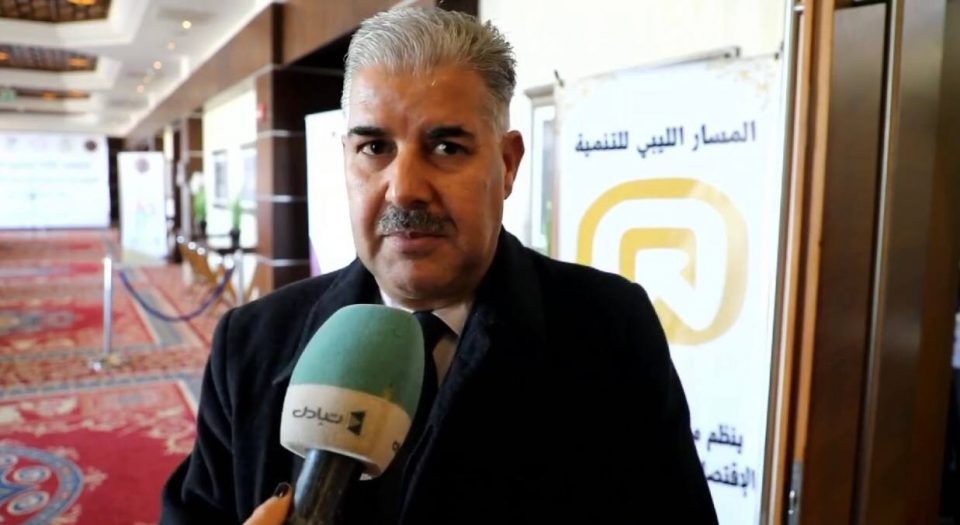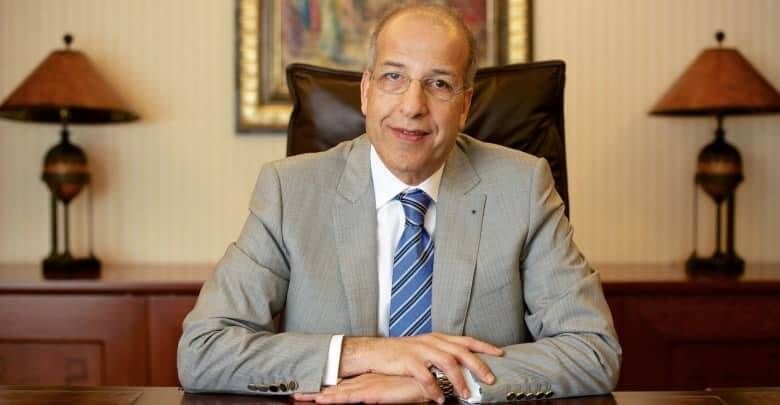Al-Mabrouk Briefs Administrative Control Authority on International Banks’ Aid After Flooding in Libya
The Libyan Ministry of Finance, under the National Unity Government, has sent an official letter to the head of the Administrative Control Authority. In the letter, they request authorization to coordinate with financial entities responsible for providing services that can alleviate the suffering of residents in disaster-affected areas in eastern Libya, which were struck by severe floods.
The Ministry’s request includes various aspects:
- The World Bank’s commitment to conducting a rapid assessment of flood damage and needs, allocating $500,000 for a systematic assessment of disaster effects, using satellite imagery and international best practices for assessment.
- The evaluation of necessary requirements for sustainable recovery in affected sectors, including social development, infrastructure, and production sectors. This includes ensuring a link between humanitarian action, development, and peace.
- The comprehensive disaster recovery framework that will cover 19 different sectors, such as housing, municipal services, education, healthcare, social protection, agriculture, irrigation, energy, digital development, water, sanitation, water resource management, cultural heritage, the overall economy, poverty, social integration, and the environment. The initial assessment will be completed within three weeks, while the comprehensive assessment will take six to seven weeks.
- The technical assistance to design an emergency cash transfer system and manage reconstruction funds. The World Bank is working on an exception mechanism to allow it to manage funds allocated by the Libyan government for the reconstruction of flood-affected areas. This mechanism will ensure direct assistance through specialized technical teams managed by the bank.
- The Islamic Development Bank’s allocation of $1.5 million from the 2023 Operational Work Plan budget for short-term immediate support to address the urgent humanitarian situation in Libya. UNICEF is implementing this support, which includes water and sanitation supplies, hygiene promotion, and early recovery activities.
- The African Development Bank’s allocation of $1 million from its Relief Emergency Fund to UNICEF for immediate support in water, sanitation, health, and education for flood-affected populations.
- The partnership to respond to emergencies by coordinating with reputable NGOs operating in Libya to meet the urgent needs of affected populations, including food and non-food items.
The government is actively seeking international support to address the disaster’s aftermath and is taking various measures to provide immediate and long-term assistance to affected regions.
Adapted from Sada Economic Newspaper
